Spencer Turney
-
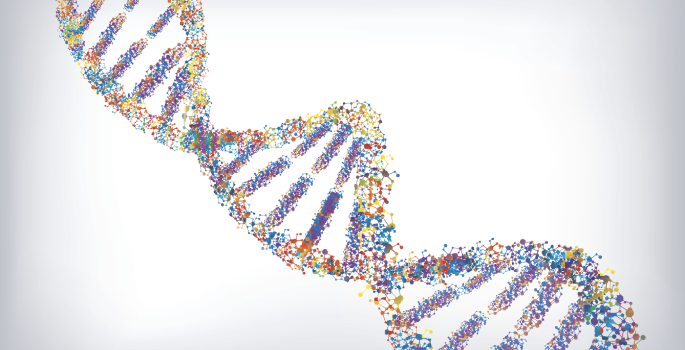
New method reveals how differences in the genetic “instruction booklet” between humans and Neanderthals influenced traits
When it comes to our differences from Neanderthals, most of what we know comes from comparing fossils. But fossils can only tell us about bones and not whole living organisms. That’s changing thanks to a new paper from a team of genomics researchers at Vanderbilt, who… Read MoreOct 7, 2019
-
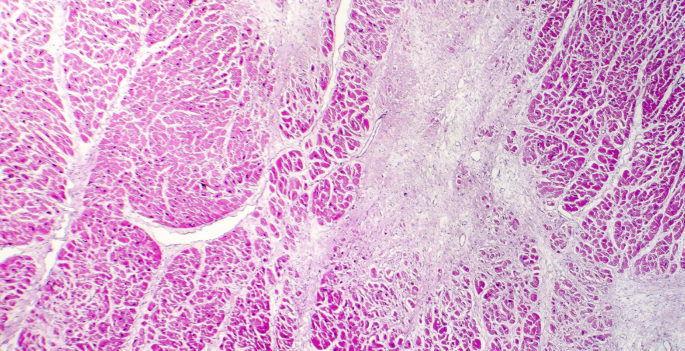
Antibody “road block” enables fine-tuning for cardiac recovery, decreases risk of heart failure
A new study published by Vanderbilt mechanobiology researchers details a possible solution for fine-tuning inflammation and cellular activity in cardiac recovery – thanks to an antibody initially developed for rheumatoid arthritis. Read MoreSep 19, 2019
-
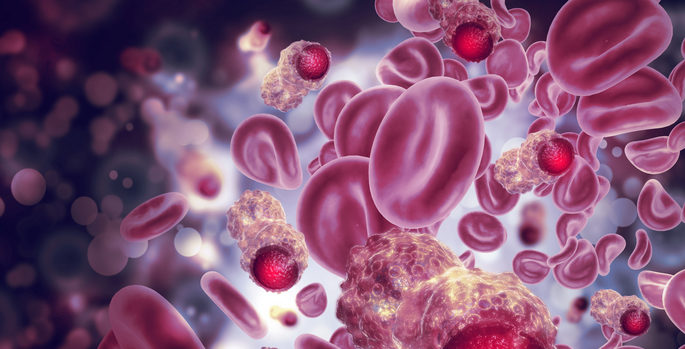
On-the-move cancer cells prefer a “comfort cruise,” follow predictable paths of least resistance
New research from a group of Vanderbilt biomedical engineers reveals that while cancer cells metastasize quickly, they generally choose pathways that use the least amount of energy. Read MoreSep 13, 2019
-

Nanoscale origami: Smallest-ever, atomically precise structures set stage for quantum breakthroughs
New technique for manipulating graphene opens the door to new breakthroughs in quantum technology. Read MoreSep 6, 2019
-
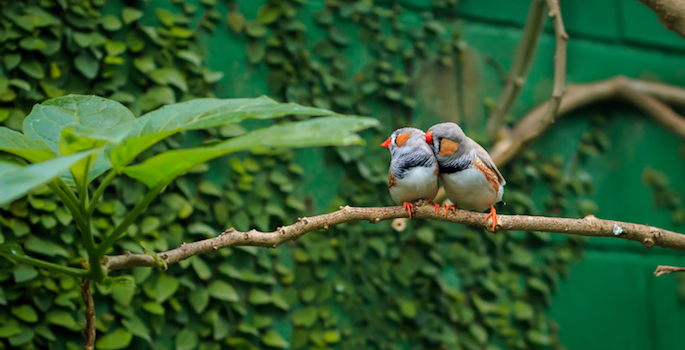
High standards of female songbirds could be driving their mates to evolve
Picky females force male songbirds to become better singers. Read MoreSep 4, 2019
-

Rare study of Earth-sized planet uses technique pioneered by Vanderbilt professor
A groundbreaking study, using data from NASA and a technique pioneered by a Vanderbilt professor, is giving humankind a glimpse at a distant exoplanet with a size similar to Earth and a surface which may resemble Mercury or Earth’s Moon. Located nearly 49 light-years from Earth, the planet known… Read MoreAug 19, 2019
-

Meet the alpacas that are helping researchers who study autism, Alzheimer’s and cancer
Written by Heidi Hall Alpacas aren’t the typical animals that drivers spot as they wind their way through rural Tennessee, but there’s a happy herd of them outside Waverly, where they eat the finest pellets, walk up and down a scenic hill and potentially save lives. They’re owned by… Read MoreAug 13, 2019
-

Behavioral science models can help identify the greenest dietary changes
Spreading the gospel of veggie-only diets may not be the most effective way to help reduce overall, food-related greenhouse gas emissions, according to a new model based on behavioral science. In new commentary published Aug. 9 in Nature Sustainability, Jonathan Gilligan, associate professor of Earth and Environmental Sciences, examines… Read MoreAug 9, 2019
-
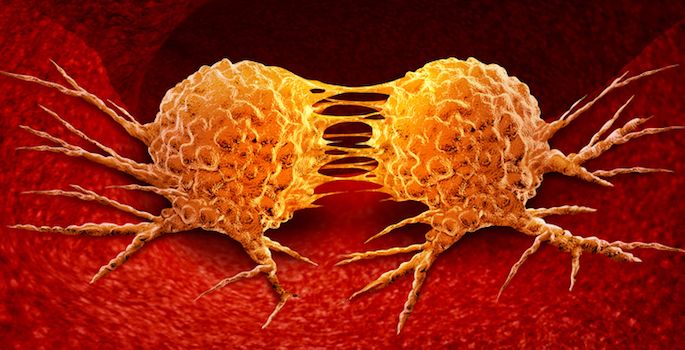
Cellular soldiers designed to kill cancer cells that get loose during surgery, stop metastasis
Cellular soldiers created using the body’s own defenses can track down and kill escaping cancer cells during surgeries, preventing metastasis and saving lives, a Vanderbilt University biomedical engineer has discovered, particularly in cases of triple negative breast cancer. Read MoreJul 24, 2019